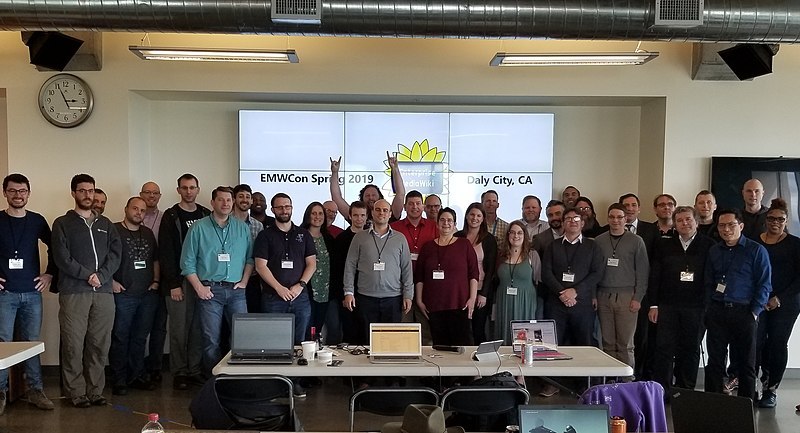
MediaWiki is the software that underpins Wikipedia. This conference shows all the other ways it can be used.
Earlier this month, a group of dedicated MediaWiki administrators, contractors, and users met in Daly City, California, United States for the annual Enterprise MediaWiki Conference (EMWCon for short). MediaWiki is the main underlying software that makes Wikipedia possible, but its use cases range far beyond that of the encyclopedia. It is a critical technology for….
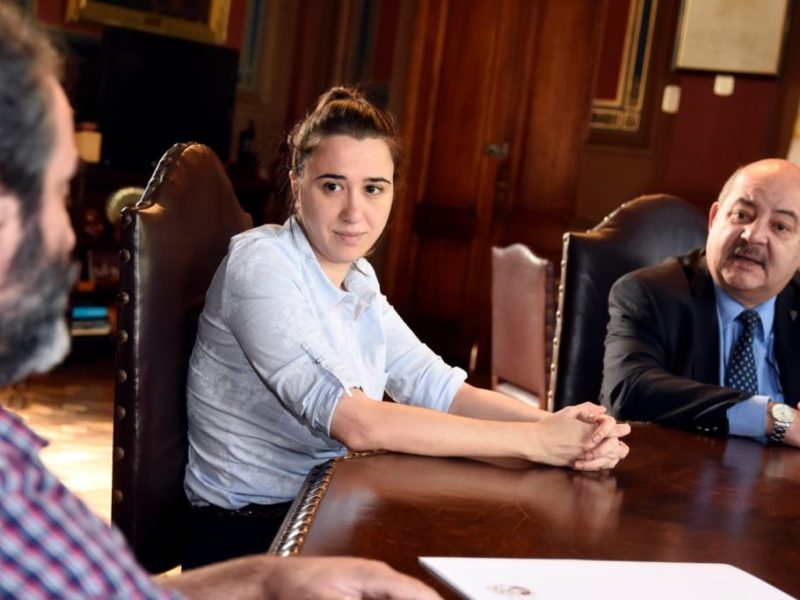
Wikimedia Argentina and the National University of La Plata partner to promote free knowledge
Last month, Wikimedia Argentina (WMAR) and the National University of La Plata (UNLP) signed an agreement that will see them working together to produce, facilitate, and distribute free knowledge through Wikipedia. The agreement with UNLP, one of the premier universities in Argentina, is the first of its kind for WMAR, an independent chapter affiliate that….
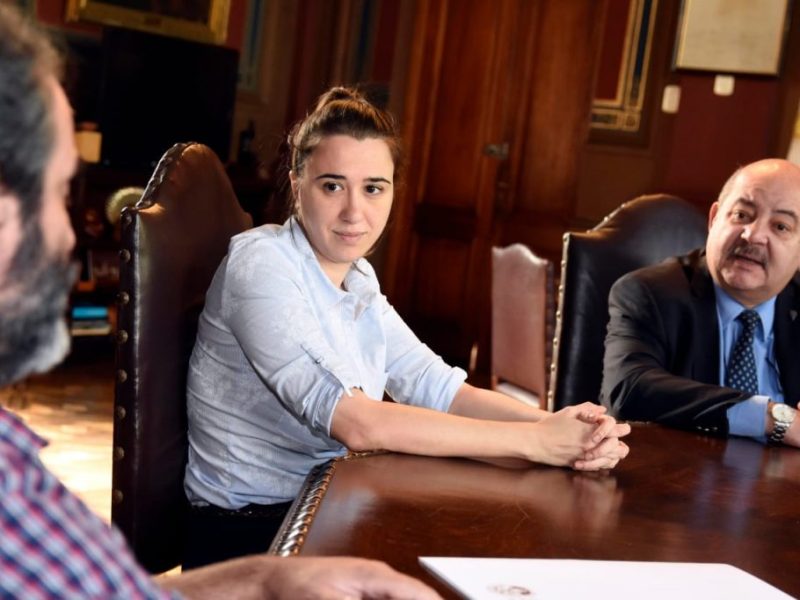
Wikimedia Argentina y la Universidad Nacional de La Plata firman convenio para promover el conocimiento libre
Wikimedia Argentina (WMAR) y la Universidad Nacional de La Plata (UNLP) firmaron el pasado 20 de marzo un convenio de cooperación para impulsar y promover políticas transversales de difusión y producción de conocimiento abierto. Es la primera alianza de estas características que WMAR formaliza con una institución de educación superior. “Este acuerdo facilitará en gran….

How Wikipedia’s women were made more visible on International Women’s Day
The internet has a problem: across much of the world, women’s access, and participation, and representation on the internet are below that of men.* For online communities like Wikipedia, the internet’s missing women help contribute to our gender gap—both in our content, which is biased towards male biographies, and in our contributors, which are overwhelmingly….
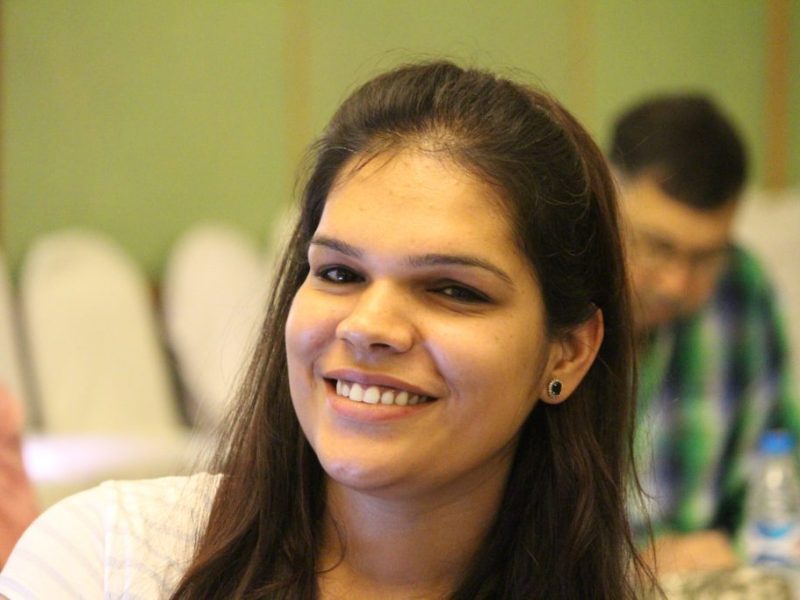
This forensic scientist wrote her discipline into Wikipedia. Now, she’s training others to do the same.
Five years ago, Manavpreet Kaur administered several tests for entry-level forensics diploma students at Punjabi University, located in Patiala, Punjab, India. From her vantage point, Kaur—who had recently completed a Ph.D. in forensic science—quickly realized that not all of the students were comfortable with the course being taught exclusively in English. She searched for Punjabi-language….

A German court forced us to remove part of a Wikipedia article’s ‘history.’ Here’s what that means.
Three months ago, a German court ruled that part of a Wikipedia article—found to be defamatory in a previous court decision—had to be removed from both the article and its associated revision tracker, known as a “history” page. (History pages allow anyone to see how a Wikipedia article has developed since they were created, in….
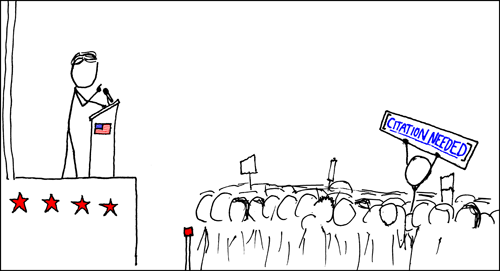
Can machine learning uncover Wikipedia’s missing “citation needed” tags?
One of the key mechanisms that allows Wikipedia to maintain its high quality is the use of inline citations. Through citations, readers and editors make sure that information in an article accurately reflects its source. As Wikipedia’s verifiability policy mandates, “material challenged or likely to be challenged, and all quotations, must be attributed to a….
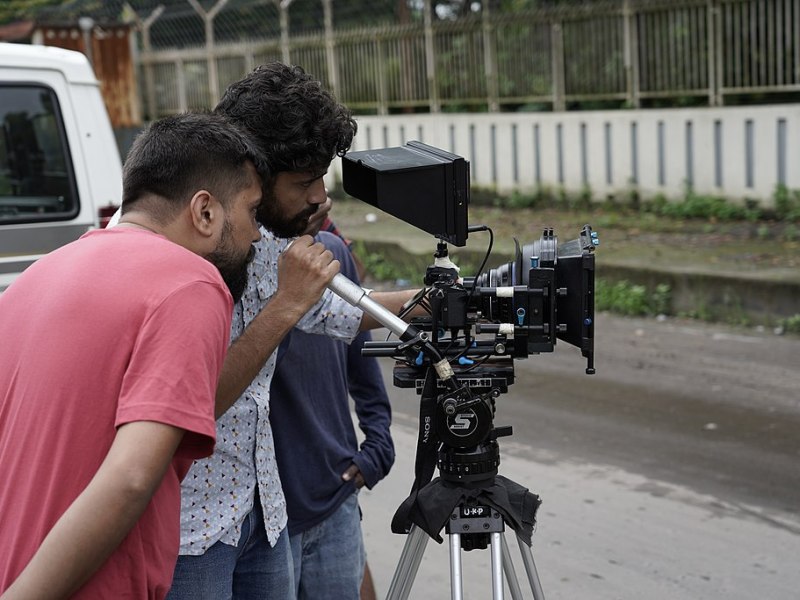
What we learned from inspiring new Wikipedia readers all around the world
How do we get Wikipedia to every corner of the world? How can we share the joy of free knowledge with people who have never heard of our website? In 2018, we asked Wikipedia’s volunteer editing communities all over the world to think creatively about expanding the reach of the free online encyclopedia. Through a….

Joining the World Wide Web Consortium
We’re excited to announce that we’re becoming a member of the W3C, the main international standards organization for the World Wide Web. Founded by Tim Berners-Lee in 1994, W3C works with hundreds of organizations to ensure that the web’s basic building blocks—like HTML or CSS—remain consistent across browsers, platforms, and more. You can learn more….
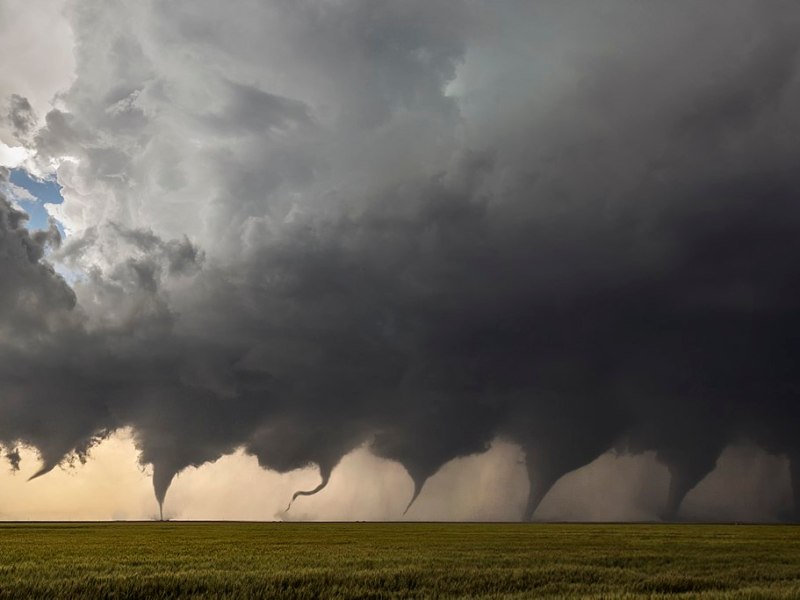
A picture of the year so unbelievable, it has its own Snopes entry
Wikimedia Commons, the repository for educational media content that hosts most of the images used on Wikipedia, has announced its photo of the year.* Nearly 3,500 people chose between 57 images in the final round of the competition. Jason Weingart’s Evolution—a composite timelapse showing the development and frightening expansion of a tornado—took the top prize.….